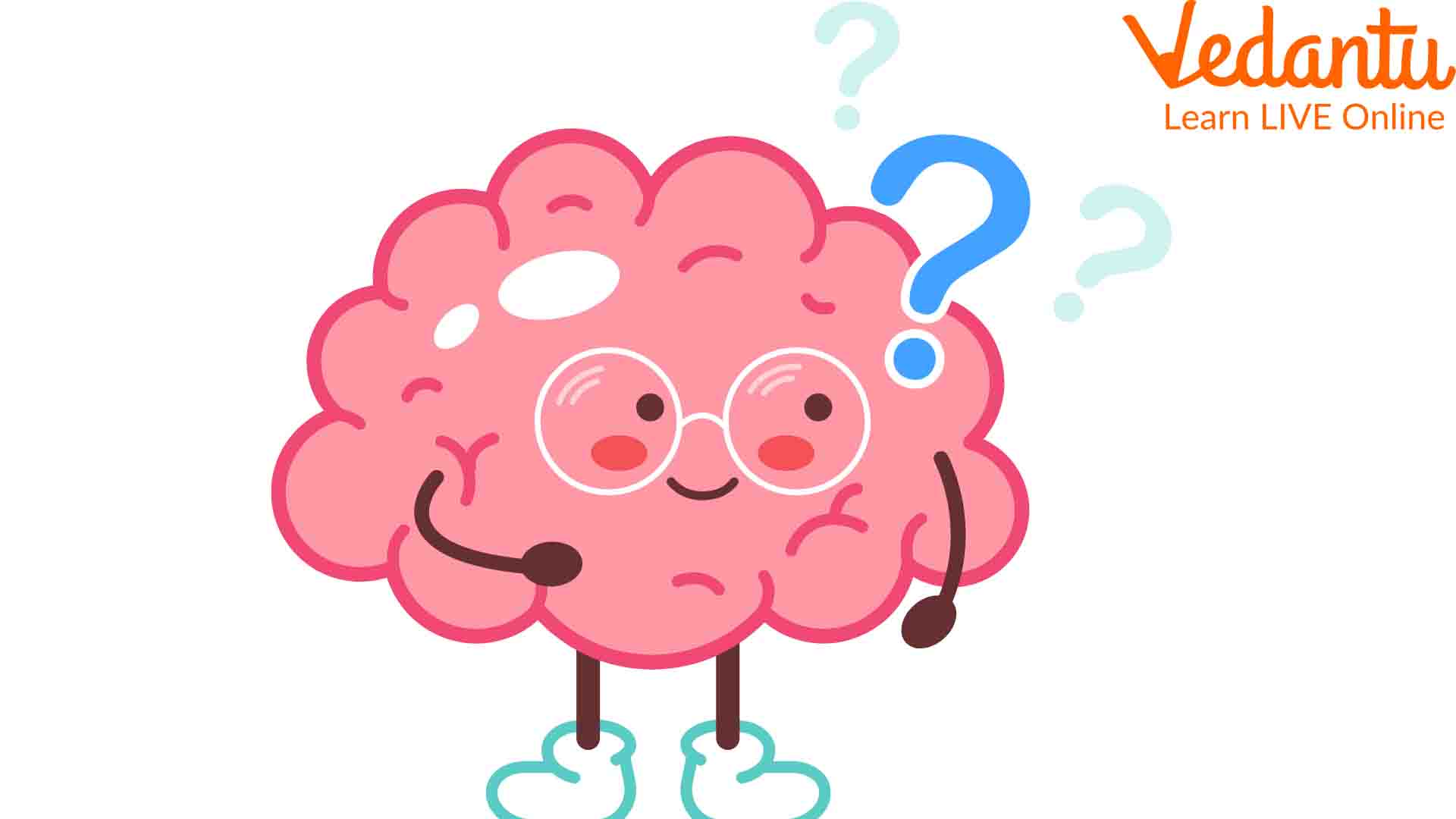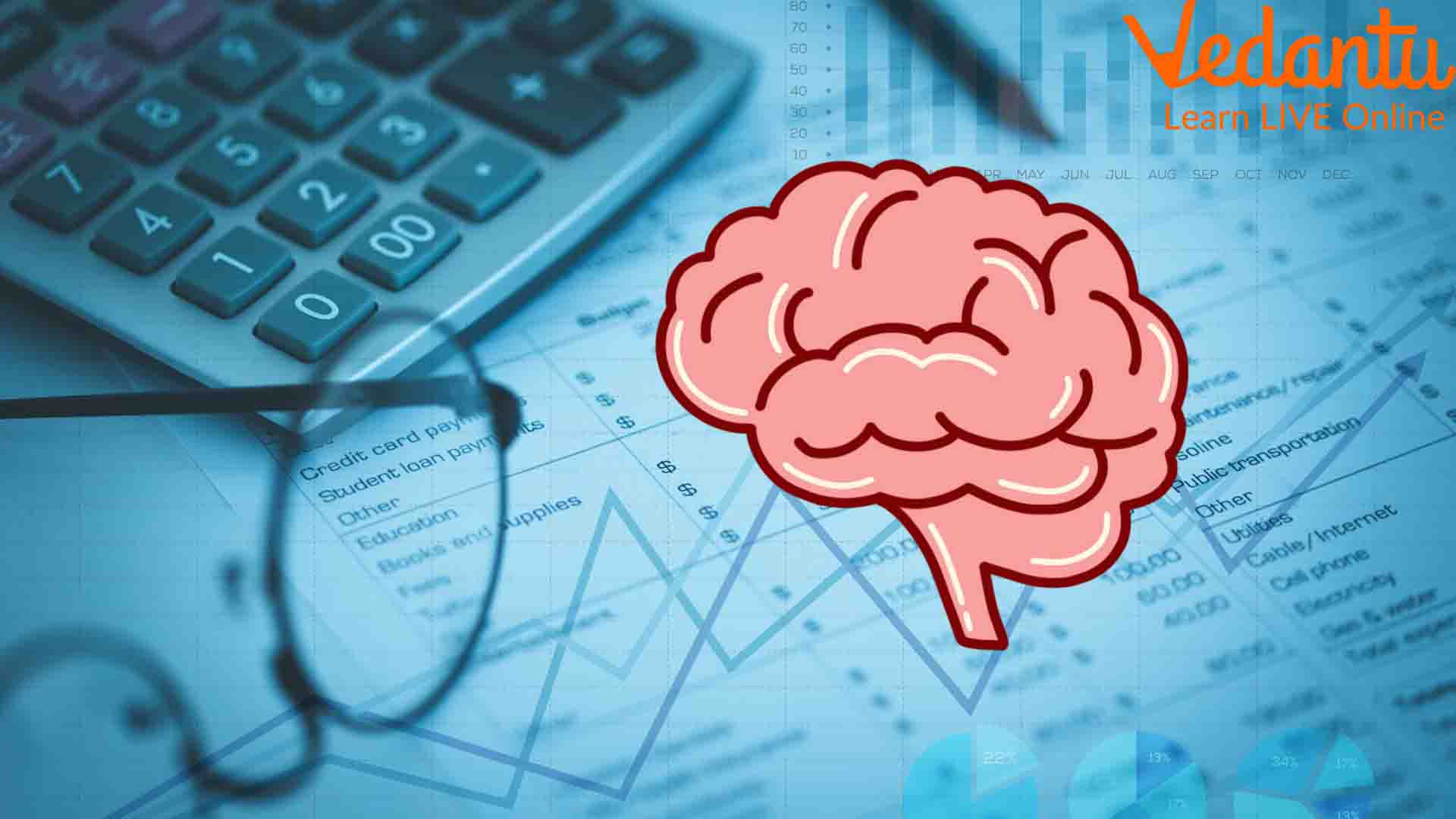What Do You Mean by Thinking?
Thinking is the ultimate cognitive process of consciously or unconsciously using the brain to produce thoughts. It is the action of rearranging or manipulating the information received from the surrounding world and deciding how to respond to the same. If we see it in a broader sense, the brain never actually stops thinking. We are unaware of most of the thoughts as they are literally happening in the background, and we do not have a way to switch off this process. Here is all we can learn about the facts of thinking.
The ability to think starts developing in the early stages of life. Interactions with people around help in the improvement of this ability. We learn that if we think of a particular topic in a certain way, it might bring some good, and if the same matter is thought of differently, it might result negatively. This article will teach interesting psychology facts about thinking and how the human mind works.

Thinking Capacity of Human
Read Also: Right Brained People and What Can They Do?
Understanding the Human Mind
The human mind is frequently understood as a power that personifies itself in all mental phenomena, such as thinking, reasoning, perception, belief, sensation, memory, emotion, motivation and desire. The mind is normally contrasted with the physical body. Understanding the human mind and psychology is a complex job. Scientists and researchers worldwide have walked a long way to understand the human brain and its performance. In reality, the way we behave results from a complex interplay between our genetic build-ups, the chemistry of our and its functioning, and the environment in which we grew up or currently live.
Thinking Capacity of Human Brain
The human brain comprises almost a billion neurons and each of these creates a connection to the other neurons, thus resulting in more than a trillion connections altogether. Now, if each such neuron could be used to store only a single memory, we would run out of memory space within a few days. Our brains have just a few gigabytes of storage space, like the space or memory in a computer or a hard drive.
But there’s nothing to worry about, since the thinking capacity of the human brain is high. The neurons in our brain combine such that each one can store more than one memory at a time, thereby increasing the capacity of our brain’s memory storage exponentially to approximately 2.5 petabytes. It is difficult to calculate the human brain's exact storage or thinking capacity. The reason is that there’s no proper way to measure the exact memory size.
While some memories include more details and hence consume more space, others are obliterated and result in freeing up space. Also, some facts are not worth enough to be remembered at all in the very first place. This is good for our brain as it helps it keep up with the new experiences we seek throughout our lifetime.

Facts of Thinking
Interesting Facts About Brain
Although the brain makes up two per cent of the entire body’s weight, it is said to be the body's powerhouse. It is a complex soft, jelly-like organ that comprises trillions of neural cross-connections. It supervises every activity that regulates the body, while its higher functions provide consciousness and personality. Here are some interesting facts about the brain you might find helpful.
Stats of Human Brain Size
The average weight of an adult human brain is about 3 pounds and is almost 15 centimetres long. Men tend to have almost 100 grams larger brains than women. Although 73 per cent of our entire brain is built up of water, roughly 60 per cent of its dry weight consists of fat making it the fattiest organ in our body. Like any other organs and muscles, our brain needs to be hydrated. If we continuously sweat for over 90 minutes, it may cause our brain to shrink, equal to a year of ageing.
Brain Growth in the Early Years of Life
At the birth of a child, its brain size is approximately a little less than a quarter of the average adult brain size. Surprisingly enough, in the very first year, the size doubles and the growth continues at a rapid pace from there on. By the age of five, a kid’s brain reaches about 90 per cent of its actual size in adulthood. According to research, a child who gets proper parental comfort while under stress will have a hippocampus larger than others. This part of the brain is responsible for stress alteration and memory.
Requirement of Constant Oxygen Supply
We all know that oxygen is one of the primary sources of our living. Without proper oxygen supply, various organs of our body like the heart, the lungs and even the muscles will stop working. It is also important to know that even our brain requires a constant supply of oxygen to function appropriately. Even a little lack of oxygen for only five minutes could cause the death of various brain cells, resulting in severe brain damage.
No Pain in the Brain
Our brain feels no pain, although the feeling of pain gets processed through this organ. It does not contain any pain receptors within it. Brain freeze or any kind of brain surgery does not technically make the brain feel pain. This explains why neurosurgeons could carry out the operation on brain tissues without bringing any discomfort to the patient. In some situations, brain surgery can even be performed while the patient is awake.
Speed of Information Travelling to and From the Brain
Information can travel to and from the brain at a majestic speed of 268 miles per hour. When a neuron gets stimulated, it gives rise to an electrical pulse that causes the information to travel from cell to cell. Any disturbance in this systematic processing can result in an epileptic seizure.
Only 10% Use of the Brain
The belief that we use only 10 per cent of our brain is a myth. MRI scans have shown that to perform even the simplest of activities, almost the entire brain must stay active, even while sleeping.
Brain’s Storage Capacity Is Virtually Unlimited
The information we gather every day in our life gets stored in the trillions of neurons within our brain. Although this storage is not infinite, it is capable enough to store all the information we learn each day. Moreover, it is not limited by our brain's storage capacity.
Summary
It could be concluded that the human mind is represented as the whole set of activities performed by the brain. Thinking is the action that lets the mind understand, reason and produce thoughts. Most of the mind activities are done unconsciously, and they only give rise to conscious thinking when the brain is focused on its various functions.







